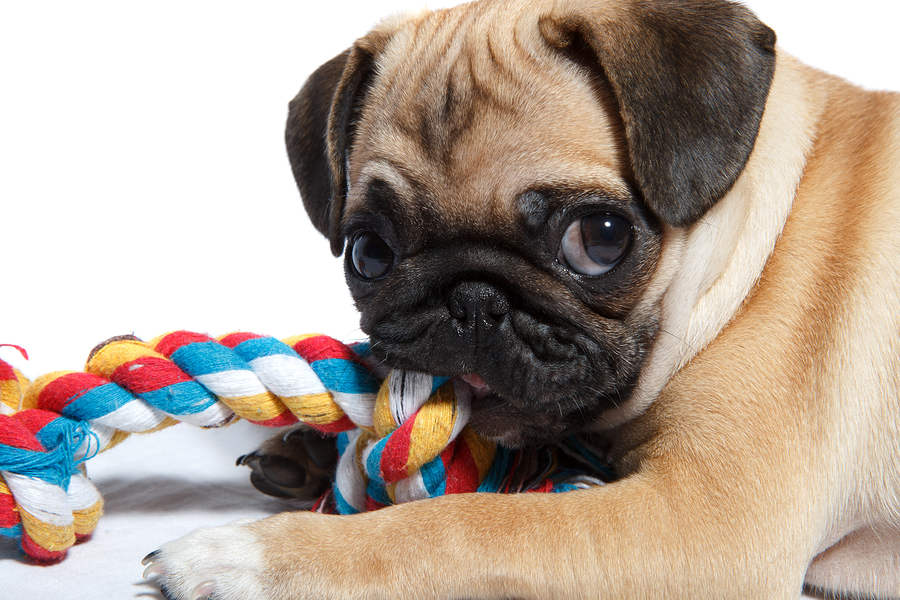Dogs love to chew — and it’s good for them, too. But not all canine chew objects are created equal, and not all of them are safe. Here’s what I told a reader who wrote asking about cow hoof chews.
Q: Are cow hooves safe for dogs to chew on? My dogs love them and eat them down until nothing is left. Is that OK?
A: The search for the perfect canine chew toy is a never-ending quest for dog owners. Chewing is a natural behavior for dogs, one that they find both entertaining and stress-relieving. Chewing also helps to keep teeth clean. For puppies, chewing helps to relieve the discomfort of teething.
A good chew toy is safe, interesting to the dog and holds up to aggressive chewing — at least for a while. Pet product manufacturers have come up with all kinds of chew toy options, from rope bones to tough rubber toys such as Kongs to the cow hooves that you mention.
I’m not a big fan of cow hooves (and similar items such as antlers, sterilized bones and hard plastic or nylon chews) and here’s why: These items are excessively hard, and it’s not unusual for a dog to break a tooth chewing on them. That’s painful to the dog, and it’s painful to your wallet because a broken tooth needs to be extracted. If a broken tooth goes uncared for, it can become abscessed.
Hard chews such as cow hooves can break into sharp pieces that can injure your dog’s mouth or cause internal injury as they pass through the body. Dogs can also choke on small pieces of hoof. And like any animal product, cow hooves can be contaminated with salmonella and E. coli bacteria, so it’s essential to wash your hands thoroughly after handling these items.
“Chewse” toys with some flexibility to them. They should be large enough that they don’t fit all the way into a dog’s mouth.
My rule of paw? Don’t buy any chew toy that you wouldn’t want to be whacked in the knee with.
Read more, incuding about the goat-keeping craze, in this week’s Pet Connection!


